In the early days of corporate and mainline aviation, pilots tended to transition from the military. A professional pilot with a college degree was not always the rule unless the pilots decided to make use of the GI Bill and earn a four-year Bachelor’s of Science. Others earned a degree before entering the military through participating in the Reserve Officer Training Corps (ROTC.) While some pilots earned a Bachelor’s of Arts, most tended to concentrate on engineering or other forms of STEM which directly related to aviation.
Pilots and College Degrees
The dividing line between pilots with a college degree and those without was never more obvious than during the Cold War when NASA selected its first astronauts from the military’s fraternity of test pilots. In order to become test pilots and provide practical advice to designers, candidates tended to have engineering degrees themselves. When a call went out for Project Mercury candidates, the US government stipulated a college degree as a prerequisite. That automatically eliminated from contention such legends as X1 pilot and sound barrier breaker Chuck Yeager, who, as an enlisted member of the Air Force, never completed his degree.
The scene shifted when the aviation industry provided more pilots than jobs. A pilot likely wouldn’t be considered for a position without a degree. Today, the reality of the pilot shortage means that while most major airlines prefer applicants with a college degree or a combination of military experience and higher education, they are not required. Delta alone demands a BA or a BS in addition to basic FAA and flight time requirements.
College Programs and Coursework
We now live in an era in which most professionals have a college degree; many high schoolers almost expect to go to college. The aviation community is no different. You might be surprised to learn the many ways in which an aviation business degree might be applied in careers both within and without the cockpit. In many universities and colleges, a business degree might be earned as either a BA or a BS, but especially in the case of aviation business administration, it’s most common to see it as a bachelor’s of science.
Obtaining a degree in aviation can provide a springboard for those who would like to be involved in aviation in a number of ways. It might be earned online or in a traditional classroom, which is ideal for people who are also building time in part-time jobs or sometimes working irregular hours as a CFI or CFII.
A degree in aviation business administration is ideal for anyone who would like to impact the industry in modern and exciting ways. If someone with an aptitude for aviation cannot choose between career tracks, or has a wide variety of interests, this degree permits a great deal of latitude.
A quality program in aviation business administration will task the undergraduate with learning about all facets of not only the aviation industry, but also business principals in general. Coursework might include discussions of aviation law, statistics, accounting, computer tech, airline operations management, marketing, software design and application, finance, safety, human resources, management, communication, and ethics.
Management and Operations
Those with leadership skills or who are eager to move into management might wish to concentrate on management and operations. ABA in Aviation Business can lead to a career managing an airport or in a major airline. Airlines all need marketers, lawyers, accountants, systems operators, and managers, and those with a BA are well positioned to become part of these departments. Those with certain amounts of experience can also become chief pilots, work with aviation labor unions, or oversee freight and cargo management. And while a college degree is not required to function as a strong corporate or freelance pilot, it is a tremendous help in managing invoicing, self-marketing, and software application.
Formerly, the FAA mandated a college degree for air traffic controllers; while this is no longer the case, controllers who would like to move into management can consider a degree in aviation business administration. Those with this degree, even if they are not pilots, can work for the FAA, NTSB, or other government agency. They can also focus on human factors, engineering support, or media management. Others become teachers on aviation campuses in traditional or online classroom situations.
Some aviation professionals go on to found and run their own flight schools; in this circumstance, having a strong understanding of how business, finance, community guidelines, and basic economics works is a must. It takes more than strong piloting and instructional skills to keep a flight school afloat. This degree is also helpful in owning or managing such industry staples as FBOs and maintenance facilities.
Airport authorities, which work with the FAA to safely and efficiently run airports, hire professionals with higher education and aviation experience. Those with a BA can work as airport planners, safety specialists, airway transportation systems specialists, and contract negotiators. They can also work with weather agencies and meteorologists in aviation forecasting.
A Springboard to Further Education
The opportunities provided through an aviation business degree don’t stop with graduation. This degree can provide a platform for advanced education at the Master’s level. Completion of the BS can also prepare a new graduate for internships or entry-level professional positions.
Aviation needs lawyers to represent pilots as well as airlines, Sometimes they are also needed to negotiate contracts, both with personnel labor unions as well as with subcontractors. Aviation attorneys both help to draft legislation and FAA rules, as well as help to defend pilots who are involved in litigation or government action. Some can assist with business plans and tax legalities.
A major in graduation businesses can even lead to law or medical school. Some doctors serve as specialists in human factors or aviation medical research. They can also work with engineers and designers. Others examine pilots in order to obtain or maintain their medical clearances. A few even go on to become part of the modern astronaut program.
Ready to soar in your aviation career?
Mr. Matthew A. Johnston has over 23 years of experience serving various roles in education and is currently serving as the President of California Aeronautical University. He maintains memberships and is a supporting participant with several aviation promoting and advocacy associations including University Aviation Association (UAA), Regional Airline Association (RAA), AOPA, NBAA, and EAA with the Young Eagles program. He is proud of his collaboration with airlines, aviation businesses and individual aviation professionals who are working with him to develop California Aeronautical University as a leader in educating aviation professionals.
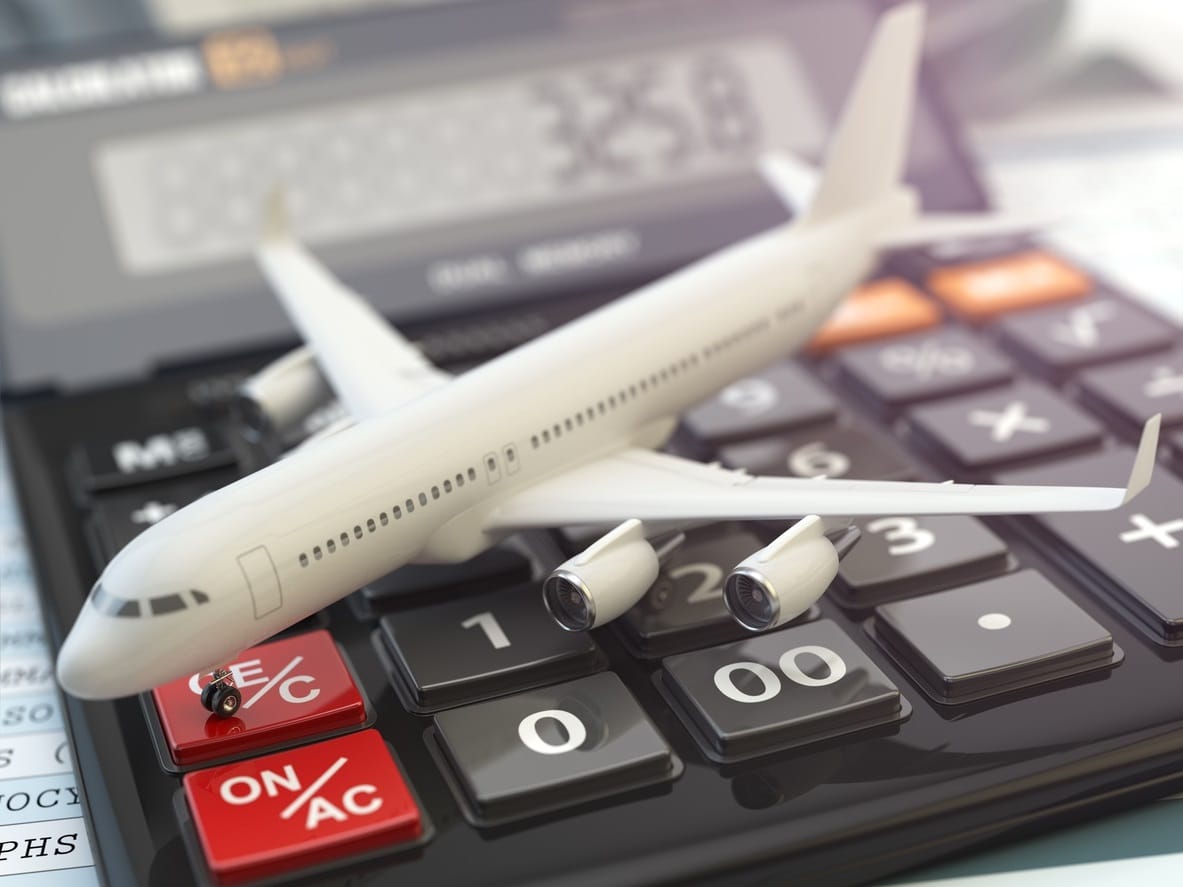

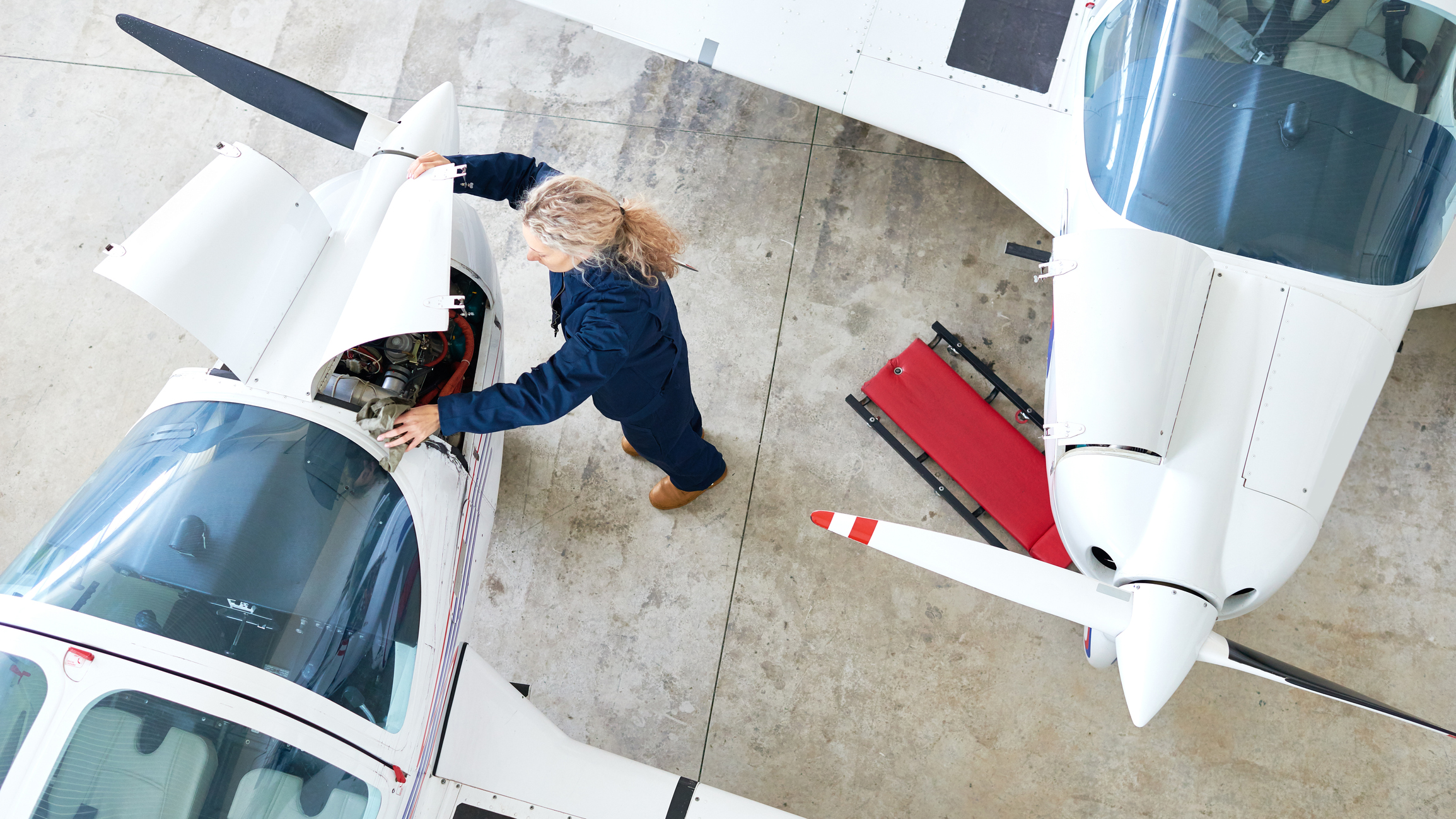
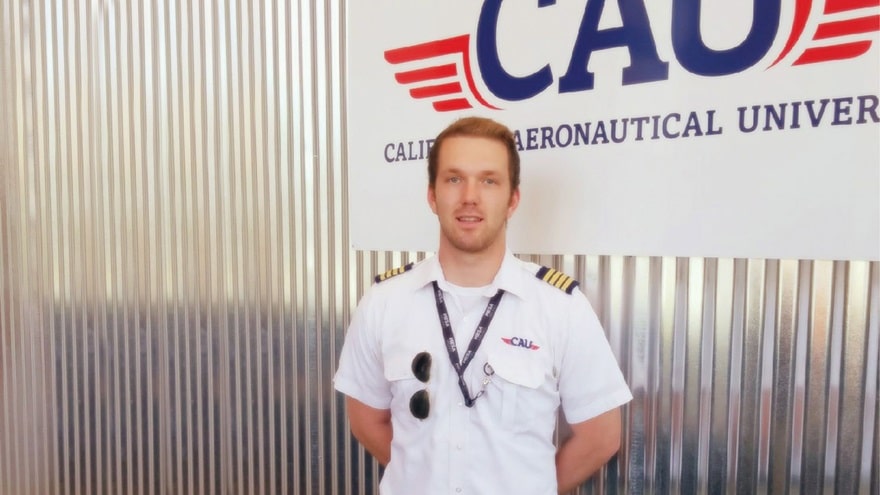
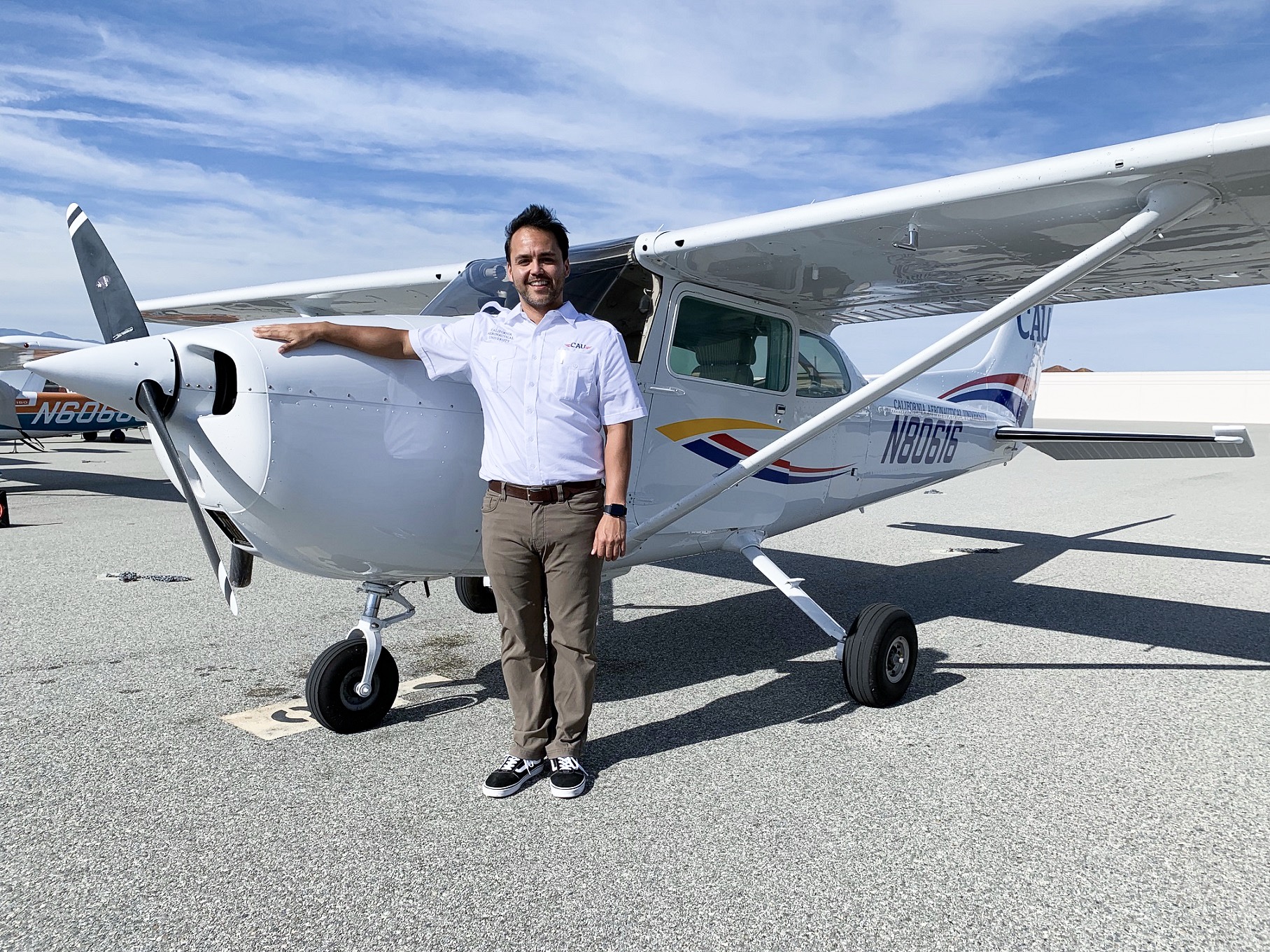
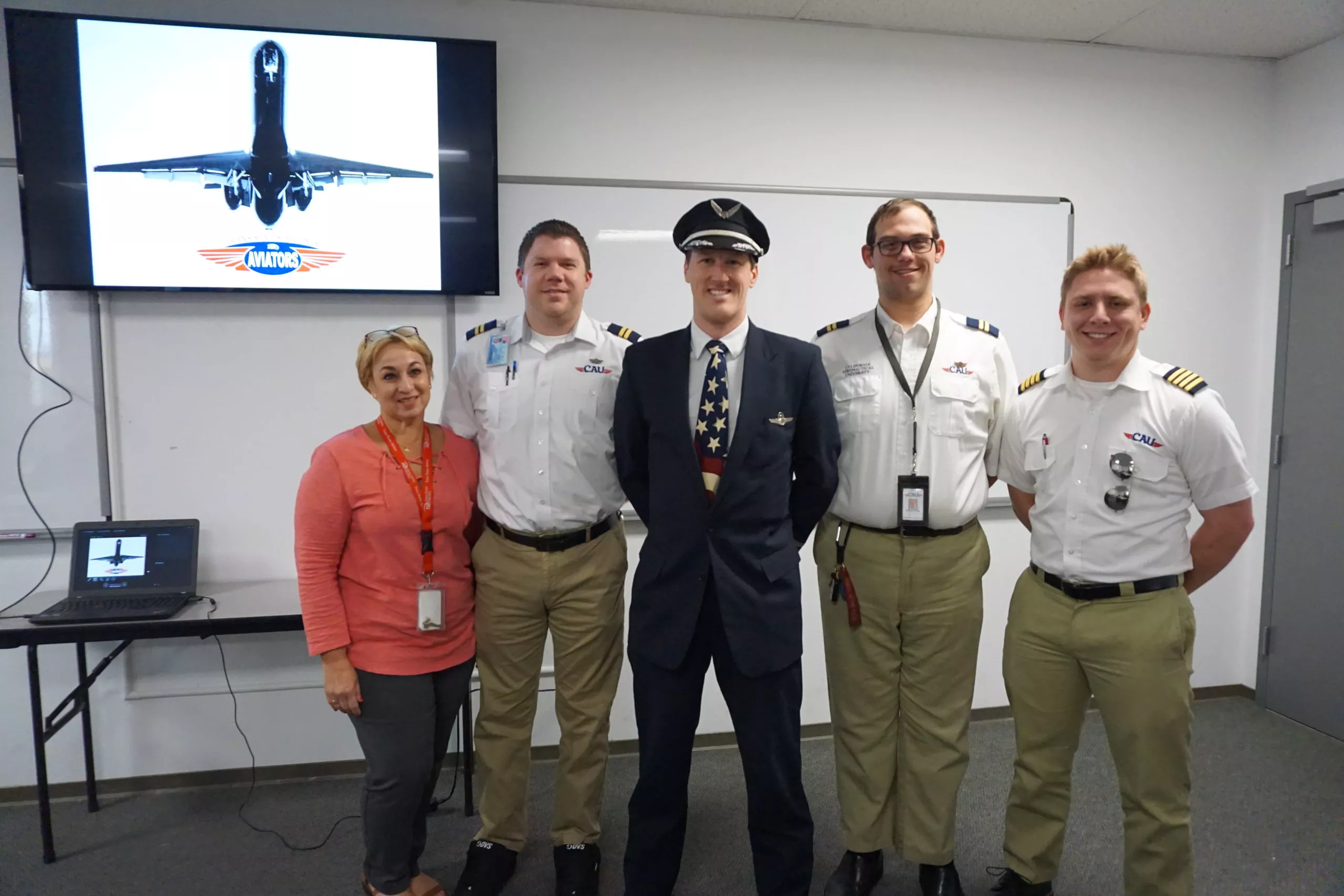
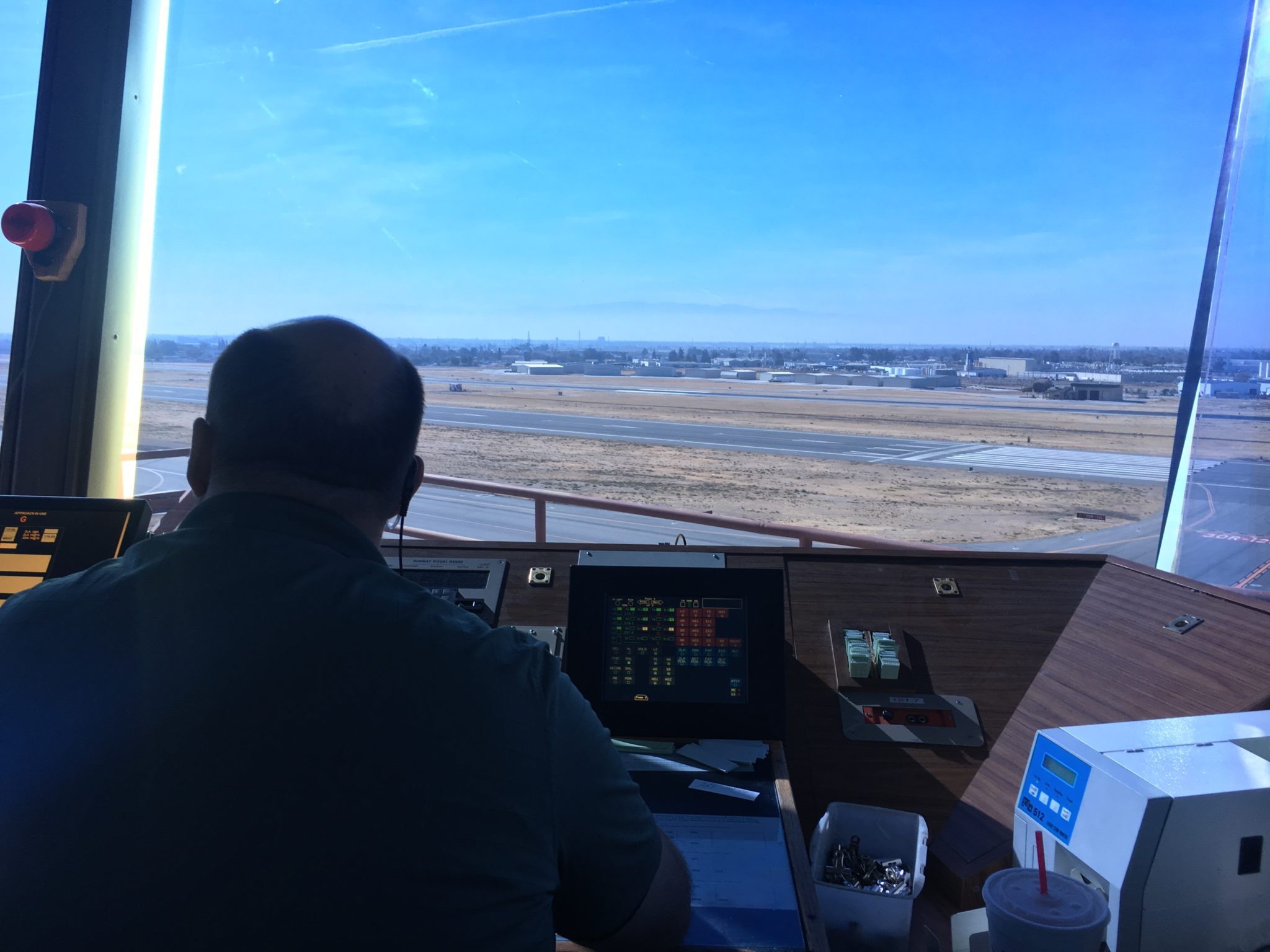
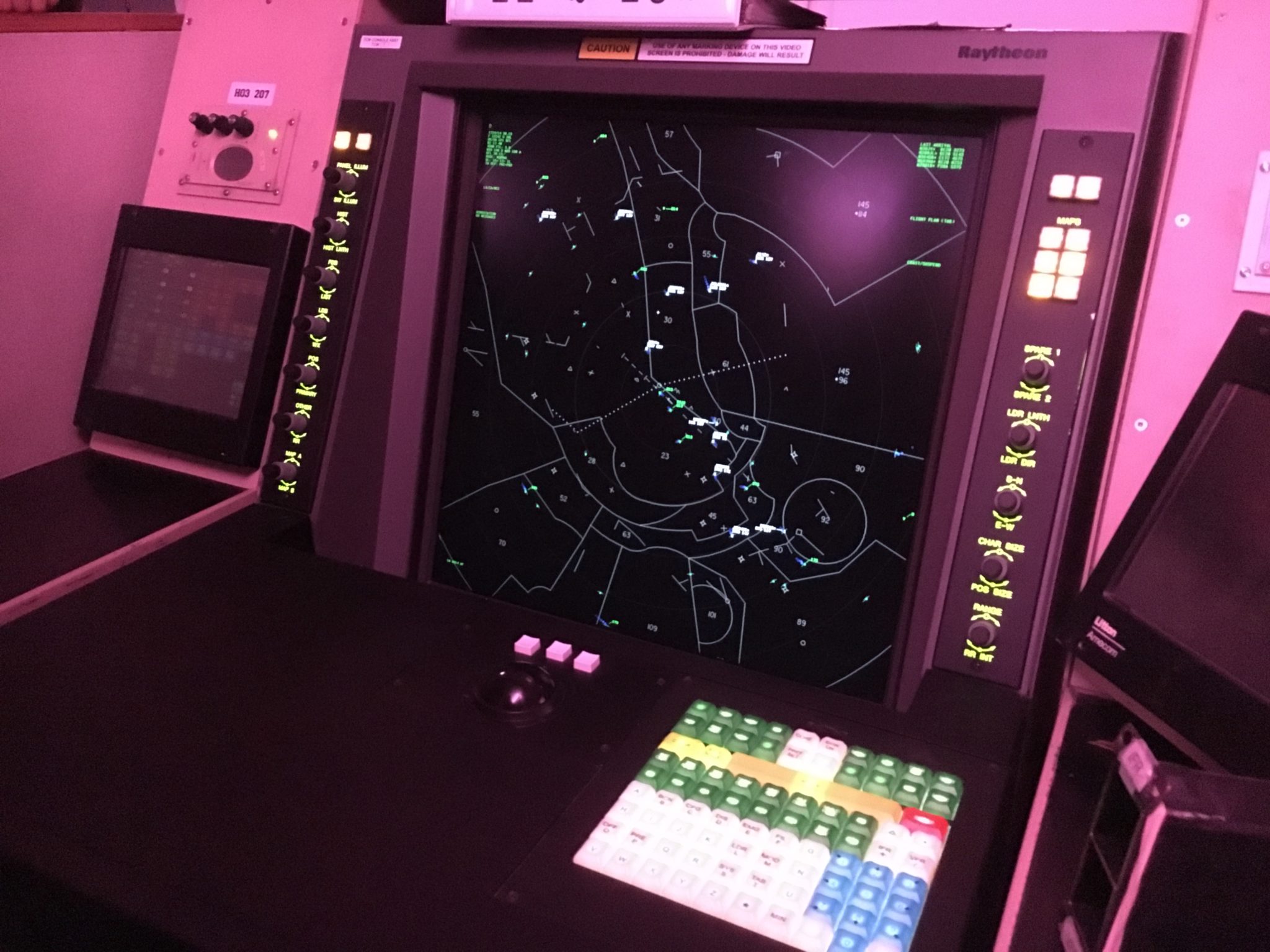

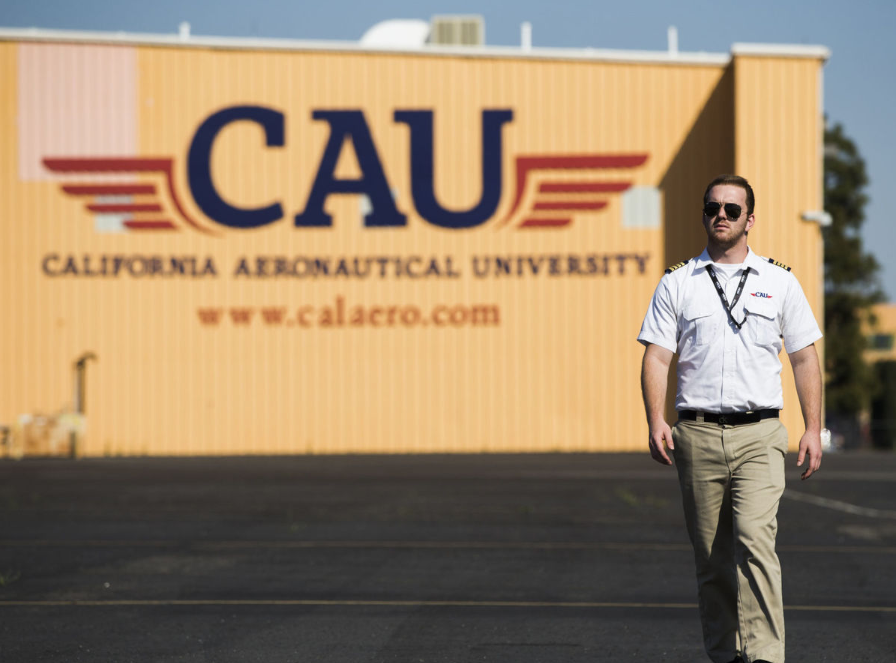

I really appreciate these tips that you had shared. Thank you for sharing such valuable tips on careers in the aviation business degree.
Thank you so much! We’re very glad that the article provided value!